JAPANESE NEW WAVE 2025
Through radical editing, fractured narratives, and striking visual experimentation, filmmakers in this movement reimagined the possibilities of form, offering a visceral lens on a society in flux. This series traces a moment of artistic rupture and political reckoning that reshaped the language of Japanese film. Free for Members
Jun 25: Death by Hanging (1968)
Jul 30: Samurai Rebellion (1967)
Aug 27: Woman in the Dunes (1964)
Sep 24: Tokyo Drifter (1966)
Oct 29: Kwaidan (1964)
Nov 25: Branded to Kill (1967)
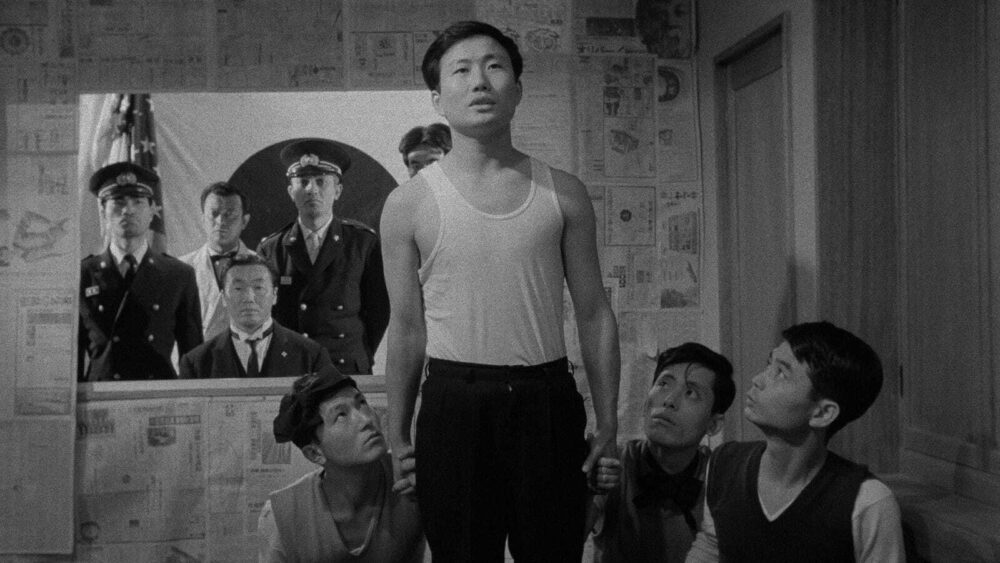
Jun 25: Death by Hanging (1968)
Genius provocateur Nagisa Oshima, an influential figure in the Japanese New Wave of the 1960s, made one of his most startling political statements with the compelling pitch-black satire Death by Hanging. In this macabre farce, a Korean man is sentenced to death in Japan but survives his execution, sending the authorities into a panic about what to do next. At once disturbing and oddly amusing, Oshima’s constantly surprising film is a subversive and surreal indictment of both capital punishment and the treatment of Korean immigrants in his country. [Janus]
(NR. 118 min.)
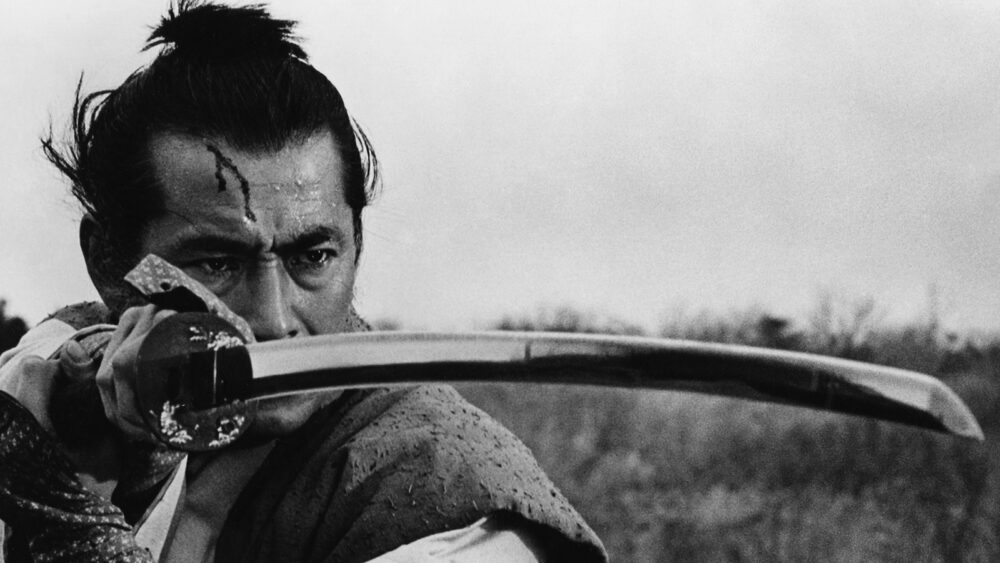
Jul 30: Samurai Rebellion (1967)
Toshiro Mifune stars as Isaburo Sasahara, an aging swordsman living a quiet life until his clan lord orders that his son marry the lord's mistress, who has recently displeased the ruler. Reluctantly, father and son take in the woman, and, to the family’s surprise, the young couple fall in love. But the lord soon reverses his decision and demands the mistress’s return. Against all expectations, Isaburo and his son refuse, risking the destruction of their entire family. Director Masaki Kobayashi's Samurai Rebellion is the gripping story of a peaceful man who finally decides to take a stand against injustice. [Janus] (NR, 121 min.)
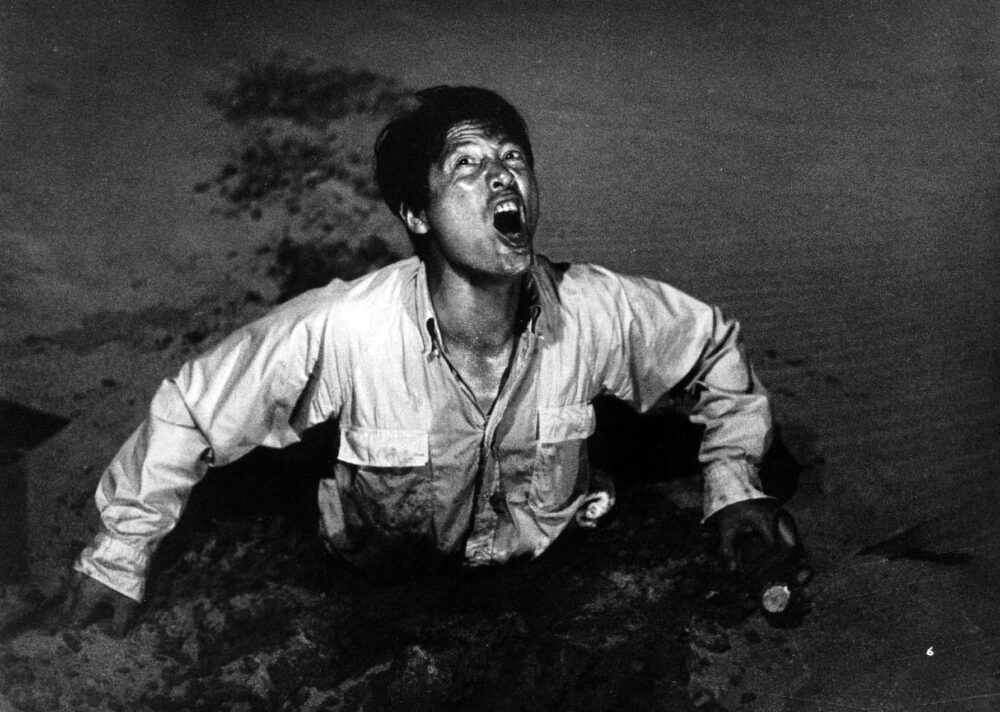
Aug 27: Woman in the Dunes (1964)
One of the sixties' great international art-house sensations, Woman in the Dunes was for many the grand unveiling of the surreal, idiosyncratic worldview of Hiroshi Teshigahara. Eiji Okada plays an amateur entomologist who has left Tokyo to study an unclassified species of beetle that resides in a remote, vast desert; when he misses his bus back to civilization, he is persuaded to spend the night in the home of a young widow (Kyoko Kishida) who lives in a hut at the bottom of a sand dune. What results is one of cinema’s most bristling, unnerving, and palpably erotic battles of the sexes, as well as a nightmarish depiction of everyday Sisyphean struggle, for which Teshigahara received an Academy Award nomination for best director. [Janus] (NR, 147 min.)
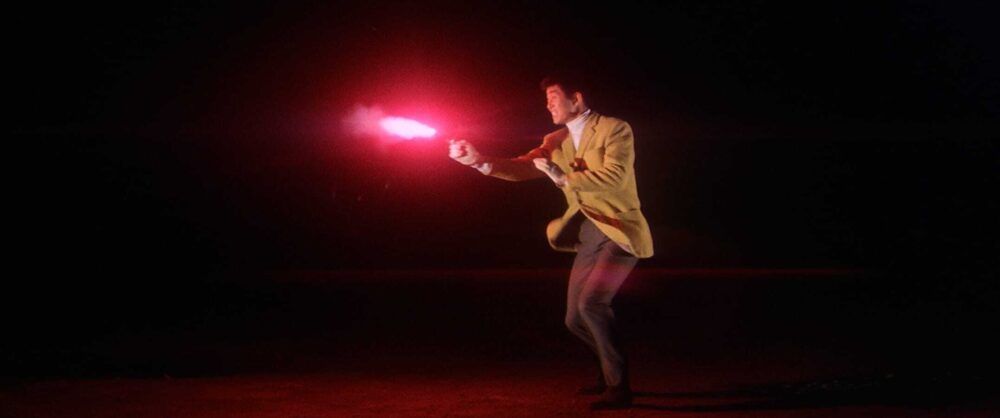
Sep 24: Tokyo Drifter (1966)
In this jazzy gangster film, reformed killer Tetsu’s attempt to go straight is thwarted when his former cohorts call him back to Tokyo to help battle a rival gang. Director Seijun Suzuki’s onslaught of stylized violence and trippy colors is equal parts Russ Meyer, Samuel Fuller, and Nagisa Oshima—an anything-goes, in-your-face rampage. Tokyo Drifter is a delirious highlight of the brilliantly excessive Japanese cinema of the sixties. [Janus] (NR, 82 min.)
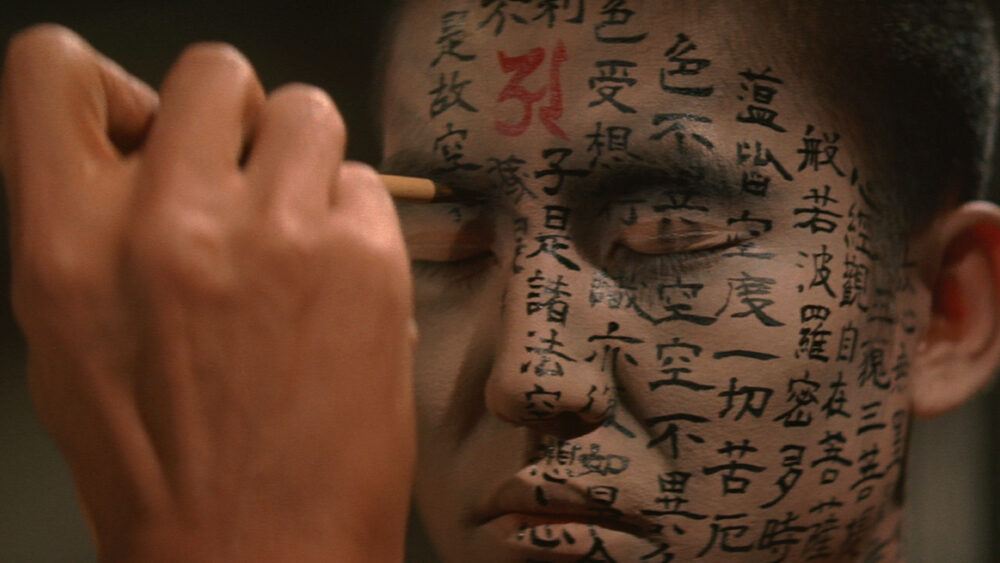
Oct 29: Kwaidan (1964)
After more than a decade of sober political dramas and socially minded period pieces, the great Japanese director Masaki Kobayashi shifted gears dramatically for this rapturously stylized quartet of ghost stories. Featuring colorfully surreal sets and luminous cinematography, these haunting tales of demonic comeuppance and spiritual trials, adapted from writer Lafcadio Hearn’s collections of Japanese folklore, are existentially frightening and meticulously crafted. This version of Kwaidan is the original three-hour cut, never before released in the United States. [Criterion] (NR, 183 min.)

Nov 25: Branded to Kill (1967)
When Japanese New Wave bad boy Seijun Suzuki delivered this brutal, hilarious, and visually inspired masterpiece to the executives at his studio, he was promptly fired. Branded to Kill tells the ecstatically bent story of a yakuza assassin with a fetish for sniffing steamed rice (the chipmunk-cheeked superstar Joe Shishido) who botches a job and ends up a target himself. This is Suzuki at his most extreme—the flabbergasting pinnacle of his sixties pop-art aesthetic. [Janus] (NR, 91 min.)
